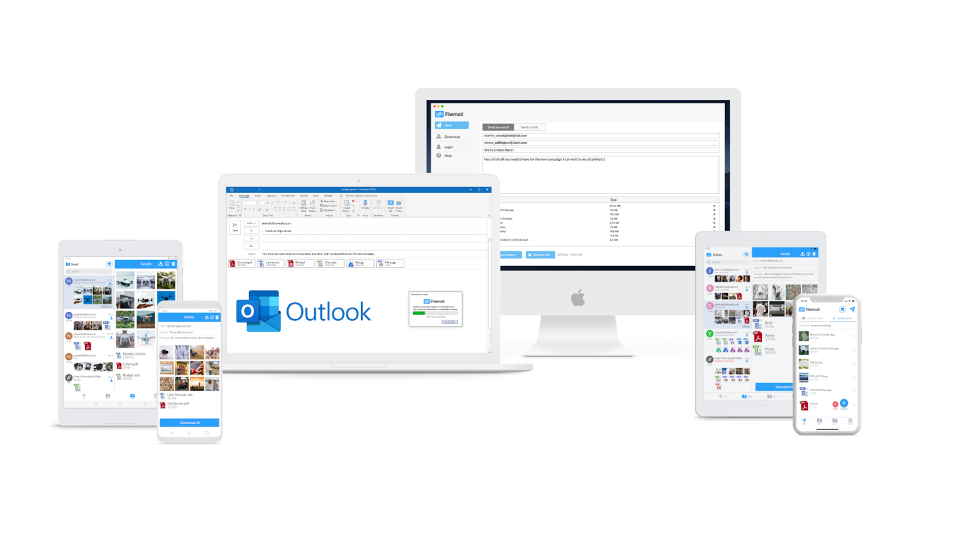
Open source software often uses zero-knowledge, or end-to-end encryption, and is HIPAA and GPDR compliant. With a community accessing the code, users are comfortable that software bugs are found and fixed quickly. However, open source software usually has a version available for free or a nominal licensing charge. “Free” in “free and open source software” refers to the freedom of use instead of free of charge. Open source software has a community of developers behind it creating an open exchange of ideas and knowledge, referred to as the “open source way.”įree software. Here are some examples of open source software benefits:Ĭommunity support. Linux is the largest and best-known example of open source software, and other examples include LibreOffice and Mozilla Firefox. Open source software is popular for cloud-based data storage, file storage, and remote collaboration and is critical to internet-based programming. When open source code is modified, the licensing usually stipulates it must be released to the community. Unlike proprietary (or closed source) software controlled by the business that owns it, like Dropbox, open source software is developed with the intent and permission for others to use the software for any purpose they wish. Photo by Dean Drobot, Shutterstock What Does Free and Open Source Mean?įree and open source software is software for which anyone can inspect, modify, and enhance the source code, according to Opensource. Businesses that want control over their options can turn to free and open source cloud storage and file hosting solutions. Others have tried to emulate Dropbox’s features giving rise to a host of Dropbox alternatives.

Popular Dropbox Featuresĭropbox was introduced in 2007 as a file management system with a free plan to make it accessible to everyone. Users can access Dropbox accounts with desktop apps on Windows or Mac, with its mobile app for iOS and Android mobile devices, and any web browser. Dropbox offers anytime, anywhere access, and real-time syncing across all devices.

There are free and open source alternatives to Dropbox that allow small businesses to modify the software to meet their needs.įor users looking for a central repository to share, sync, and store files, Dropbox is a secure cloud storage service for virtually any size and media type. The features and functionality of Dropbox help small businesses safely save and access files on the cloud. Dropbox is the original file-sharing solution offering individuals and companies collaborative cloud storage solutions.


 0 kommentar(er)
0 kommentar(er)
